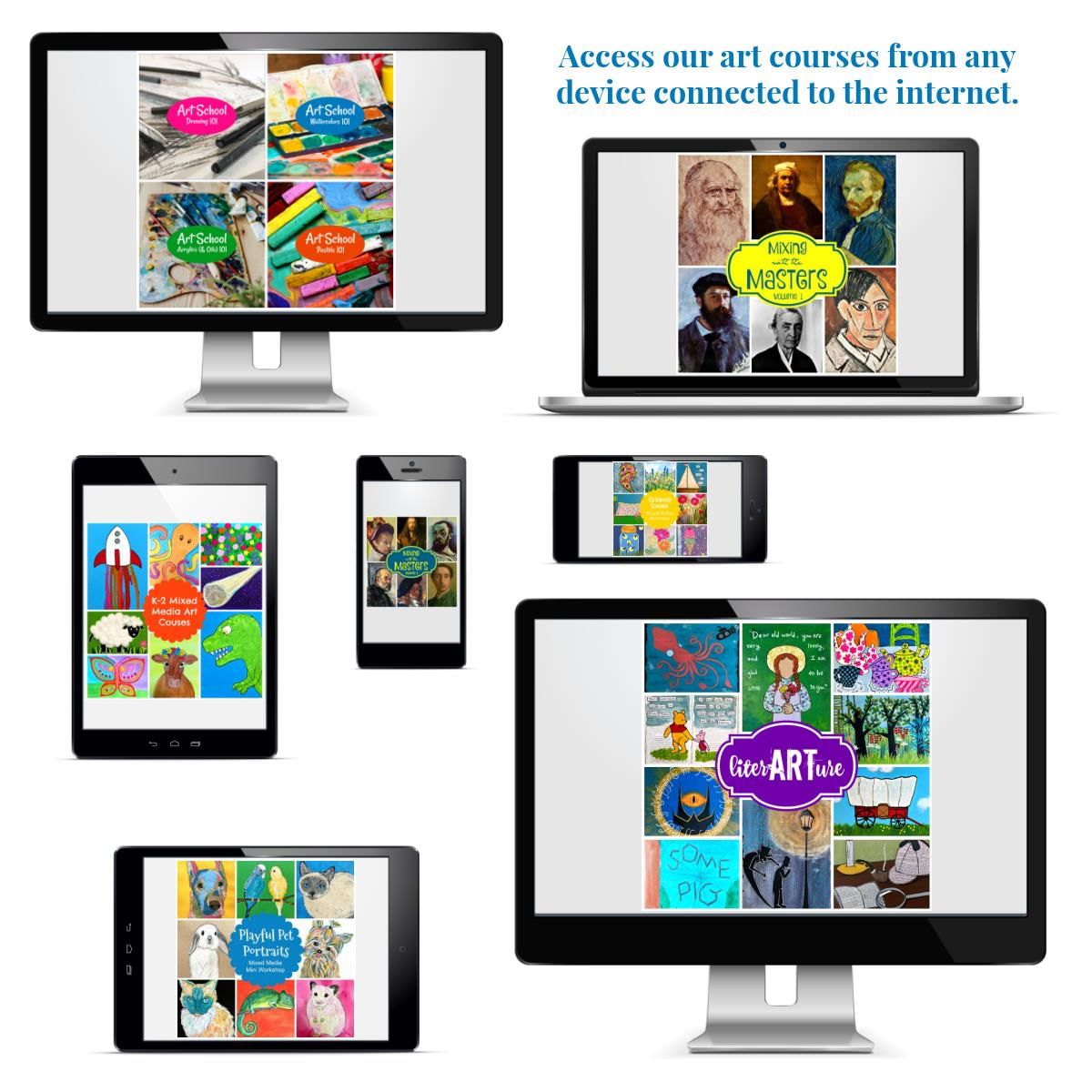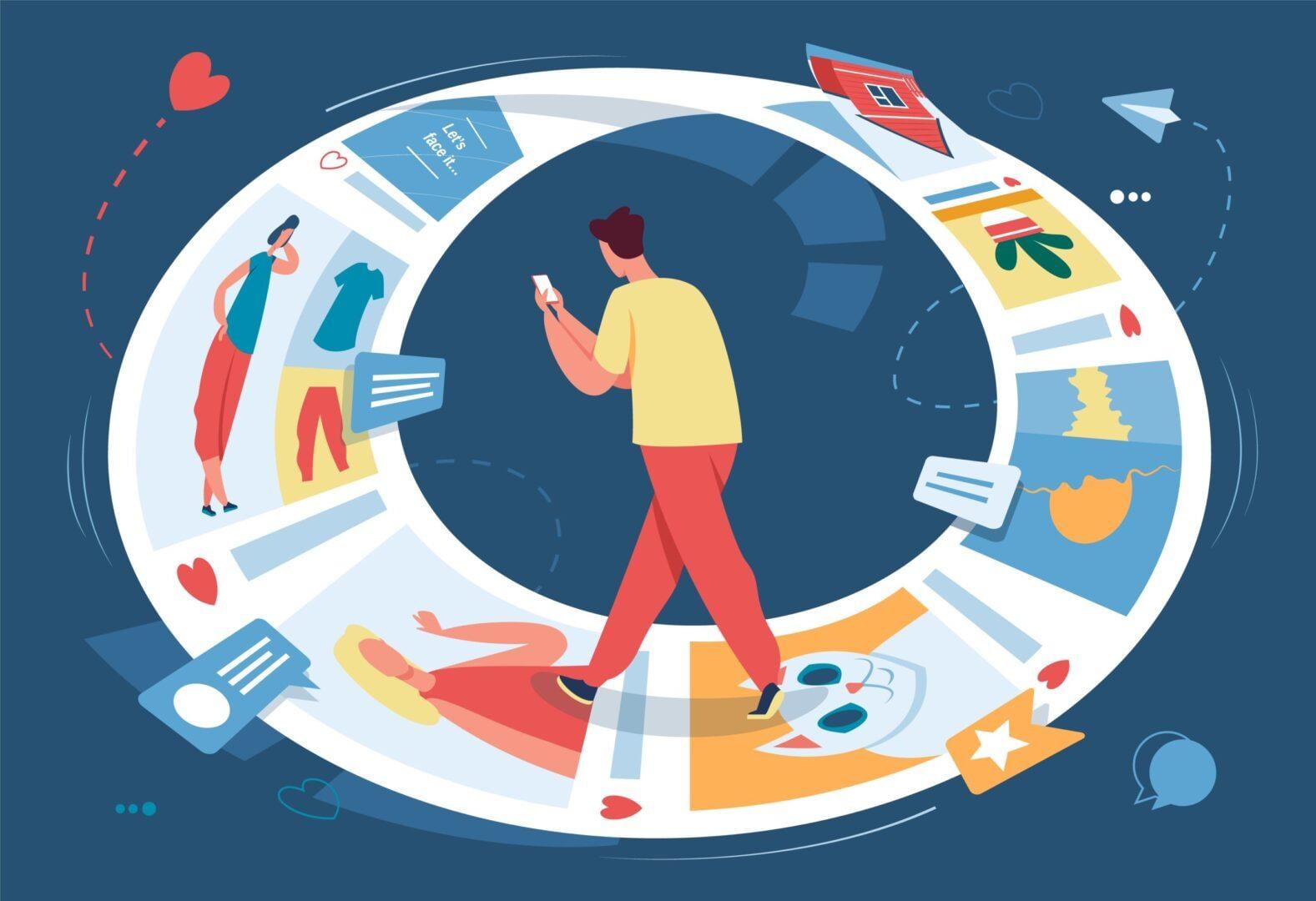Class 7 Civics Chapter 6 Question Answers - Understanding Media
Q1: Define media.
Ans : All forms of communication like radio, television, newspaper, and internet are referred as media.
Q2: Give examples of print media.
Ans : Newspapers and magazines
Q3: Give examples of mass media.
Ans : TV, radio, newspaper
Q4: Give examples of electronic media.
Ans : TV, radio, world wide web( internet).
Q5: The technology used by mass media keeps on _____________________.
Ans : changing
Q6: How modernisation of media serves useful for us?
Ans : It helps media to reach more and more people
Q7: Most of the cartoons that we see on television are from _____________ and __________.
Ans : Japan and the United States
Q8: Why do advertisements keep on repeating in cricket matches flashing on television?
Ans : In the hope that we will purchase what is advertised
Q9: How people opposes against government action or plan?
Ans : By organizing a public protest, starting a signature campaign, asking the government to rethink its program etc.
Q10: Information given by media should be
a. True
b. Fair
c. Balanced
d. All of the above
Ans : All of the above
Q11: The media decides what to focus on and in this way they sets agenda. True/False
Ans : True
Q12: An independent media means government should control and influence its coverage of news. True / False
Ans : False
Q13: What do you mean by term independent media?
Ans : It means no one should tell media what should be included and what should not be included in their news story.
Q14: What media is non-independent?
Ans : because of government control, their financial need
Q15: Give Examples of local media.
Ans : Examples of local media :-
1) Community Radio
2) Documentary Films
3) local newspaper like ‘Khabar Lahriya”
|
63 videos|371 docs|46 tests
|
FAQs on Class 7 Civics Chapter 6 Question Answers - Understanding Media
| 1. What is media literacy? |  |
| 2. How does media influence our society? |  |
| 3. What are the different types of media? |  |
| 4. How can we develop media literacy skills? |  |
| 5. Why is media literacy important in the digital age? |  |






















